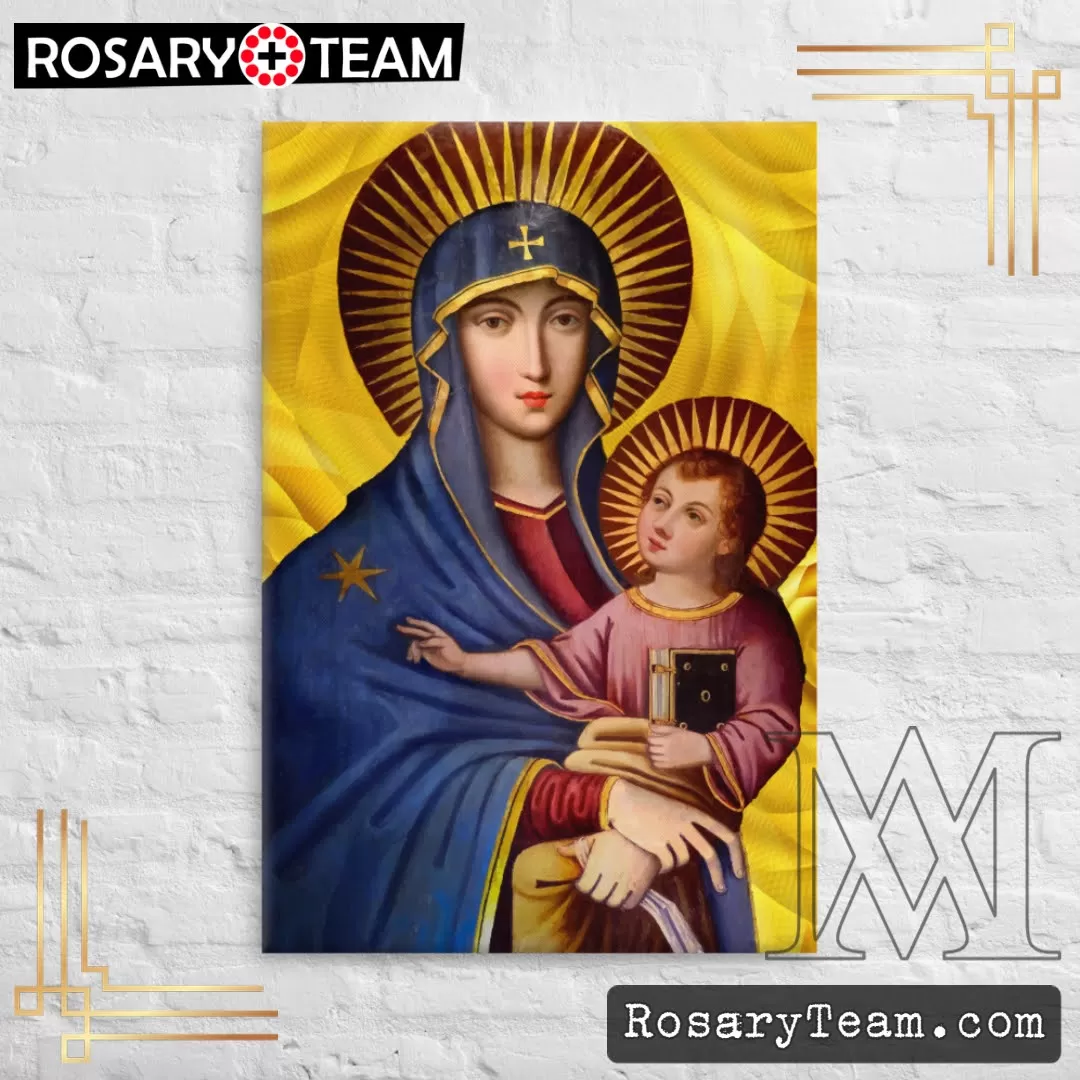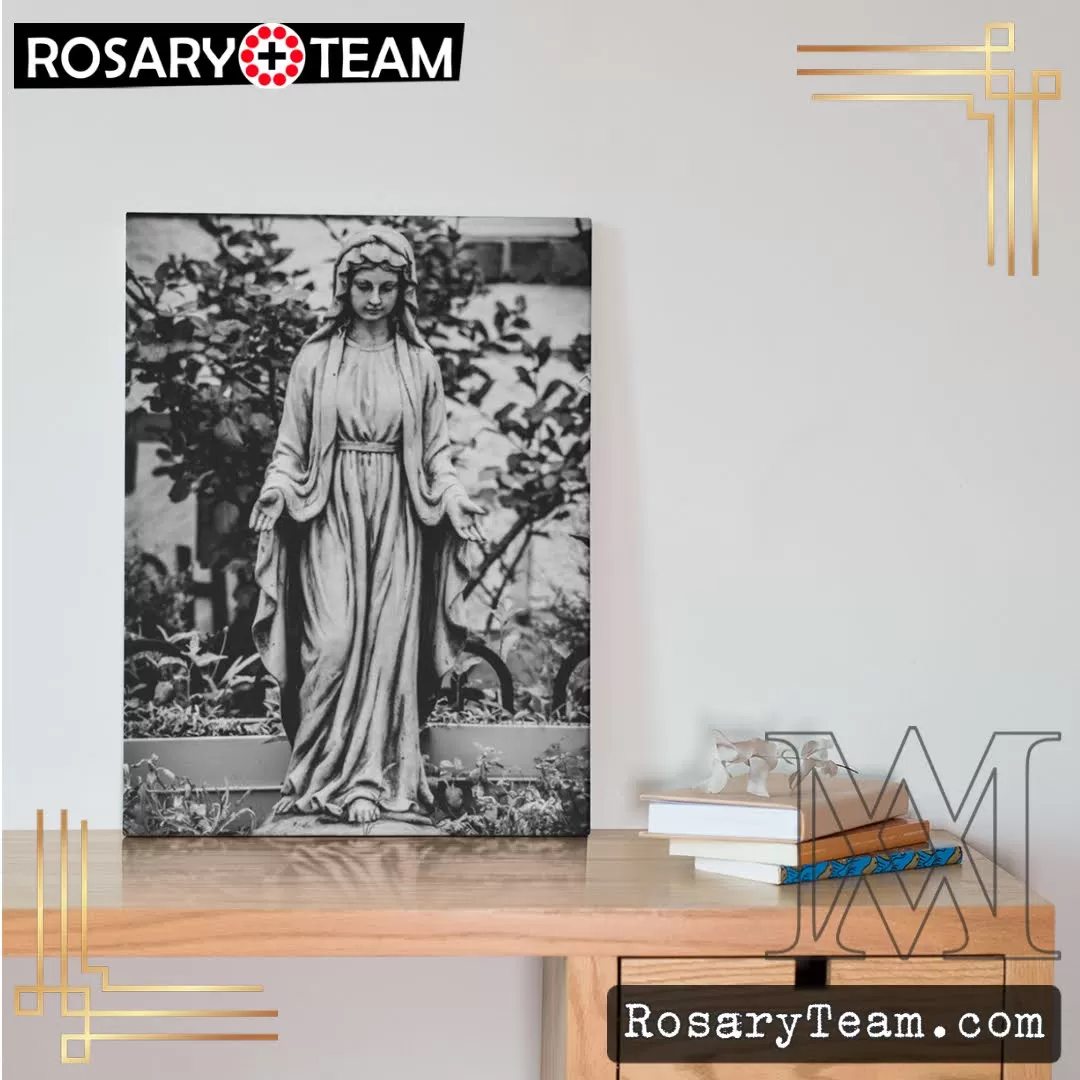Saturday, November 12 : Saint John Henry Newman

He took other human friends, when He had given up His Mother—the twelve Apostles—as if He desired that in which He might sympathize. He chose them, as He says, to be, “not servants but friends” (Jn 15,15). He made them His confidants. He told them things which He did not tell others. It was His will to favor, nay, to indulge them, as a father behaves towards a favorite child. He made them more blessed than kings and prophets and wise men, from the things He told them. He called them “His little ones” (Jn 13,33), and preferred them for His gifts to “the wise and prudent” (Mt 11,25). He exulted, while He praised them, that they had continued with Him in His temptations (Lk 22,28), and as if in gratitude He announced that they should sit upon twelve thrones judging the twelve tribes of Israel (v.30). He rejoiced in their sympathy when His solemn trial was approaching. He assembled them about Him at the last supper, as if they were to support Him in it. “With desire,” He says, “have I desired to eat this Pasch with you, before I suffer” (Lk 22,15). Thus there was an interchange of good offices, and an intimate sympathy between them. But it was His adorable will that they too should leave Him, that He should be left to Himself. One betrayed, another denied Him, the rest ran away from Him, and left Him in the hands of His enemies… Thus he trod the winepress alone. He who was Almighty, and All-blessed, and who flooded His own soul with the full glory of the vision of His Divine Nature, would still subject that soul to all the infirmities which naturally belonged to it; and, as He suffered it to rejoice in the sympathy, and to be desolate under the absence, of human friends, so, when it pleased Him, He could, and did, deprive it of the light of the presence of God.
maronite readings – rosary,team
















